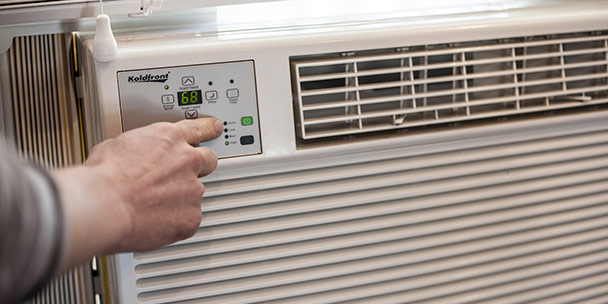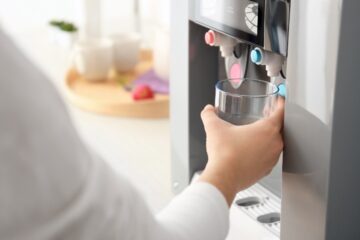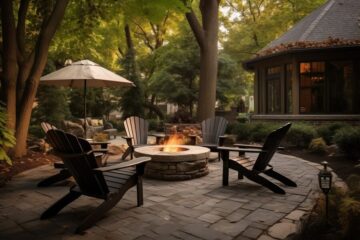How To Use The Air Conditioner Correctly

Maintenance – Maintenance of the air conditioning must be done every six months. Periodic maintenance of the air conditioning is essential to ensure the equipment’s durability, especially to not harm the user’s health. Maintenance after installing your new system helps in reducing energy consumption, in the quality of indoor air in the environment, and provides greater equipment performance.
Cleaning frequency can be checked in the product manual, following the manufacturer’s guidelines. Specialists advise that cleaning must be performed by a technician every six months. This professional will clean parts such as turbine, coil, condenser tray, and others.
A simple cleaning every 30 days is also recommended. The user can do it himself using a soft, dry cloth on the front panel of the air conditioner. The filter must be removed and washed with running water (cold or lukewarm). Ignoring the cleaning of the device results in an accumulation of dirt, worsens air quality, and reduces ventilation since residues prevent evaporation from circulating the air; in addition, it is, of course, increase energy consumption and eventually need repair services.
Temperature – On hot days, the air conditioning temperature should be between 22°C and 24°C. Contrary to what most people think, radically lowering the air conditioning temperature will not make the room cool any faster. On hot days, the ideal is to leave between 22ºC and 24ºC, that is, the ideal temperature for comfort. This average is still controversial and does not please everyone; after all, it will depend on each person, metabolism, physical activity, among others.
Additionally, this is also based on whether you have a prepaid electricity plan because if you use air conditioning at all times, then be prepared for a higher monthly bill.
However, there is a solution to appease the disputes in companies over refrigeration appliances. Tests revealed that a room with the air conditioning turned on is considered satisfactory when the number of dissatisfied people does not exceed 10% of those involved. Interestingly, the temperature between 23ºC and 25ºC is the average that leaves ten percent of people dissatisfied. In an environment without solar radiation input, relative humidity in balance with people wearing costumes of the season, we have to comfort temperature the following numbers:
Summer – Cooling System:
22.5°C to 25.5°C and relative humidity around 65%;
23.0°C to 26.0°C and relative humidity around 35%;
Winter – Heating System:
21.0°C to 23.5°C and relative humidity around 60%;
21.5°C to 24.0°C and relative humidity around 30%.
Closed Environment
When turning on the equipment, close doors, and windows. Leaving doors and windows open while the air conditioner is on can cause serious problems. This habit impairs the equipment’s capacity and generates more energy expenditure. We can take the refrigerator as an example. When there are gaps for hot air to enter, the more effort the equipment will have to compensate for the brief absence of cold air. Specifically, in the case of air conditioning, open windows and doors can hinder the device’s ability to cool the environment. This makes it work to remove moisture and cool the hot air that is entering.
External Unit
The air conditioning condenser also needs care. As the name implies, the outdoor unit, or air conditioning condenser, is that part that is outside the house. It serves to exchange heat. That is, the condenser will freeze the equipment’s refrigerant fluid. Did you know this part needs care? Remembering that the outdoor unit is exposed to rain, sunlight, salty air, and wear and tear. Even if it is produced with resistant materials, the user must protect the condenser. For this, use some products to avoid corrosion. For example, use protectors, apply coatings, and keep clean. For this, be sure to consult the product manual or seek advice from a professional.











